The scene was apocalyptic. Twisted steel from the skeletal frames of destroyed vehicles sticking out of mounds of earth; ammunition belts strewn along the side of the road; bloated and decomposing bodies of ISIS fighters lying between the obliterated buildings.
It was March 23 and the territorial caliphate declared by Abu Bakr Al-Baghdadi had finally crumbled, the last town under the control of his so-called Islamic State now in the hands of the U.S.-backed Syrian Democratic Forces. But the story was far from over.
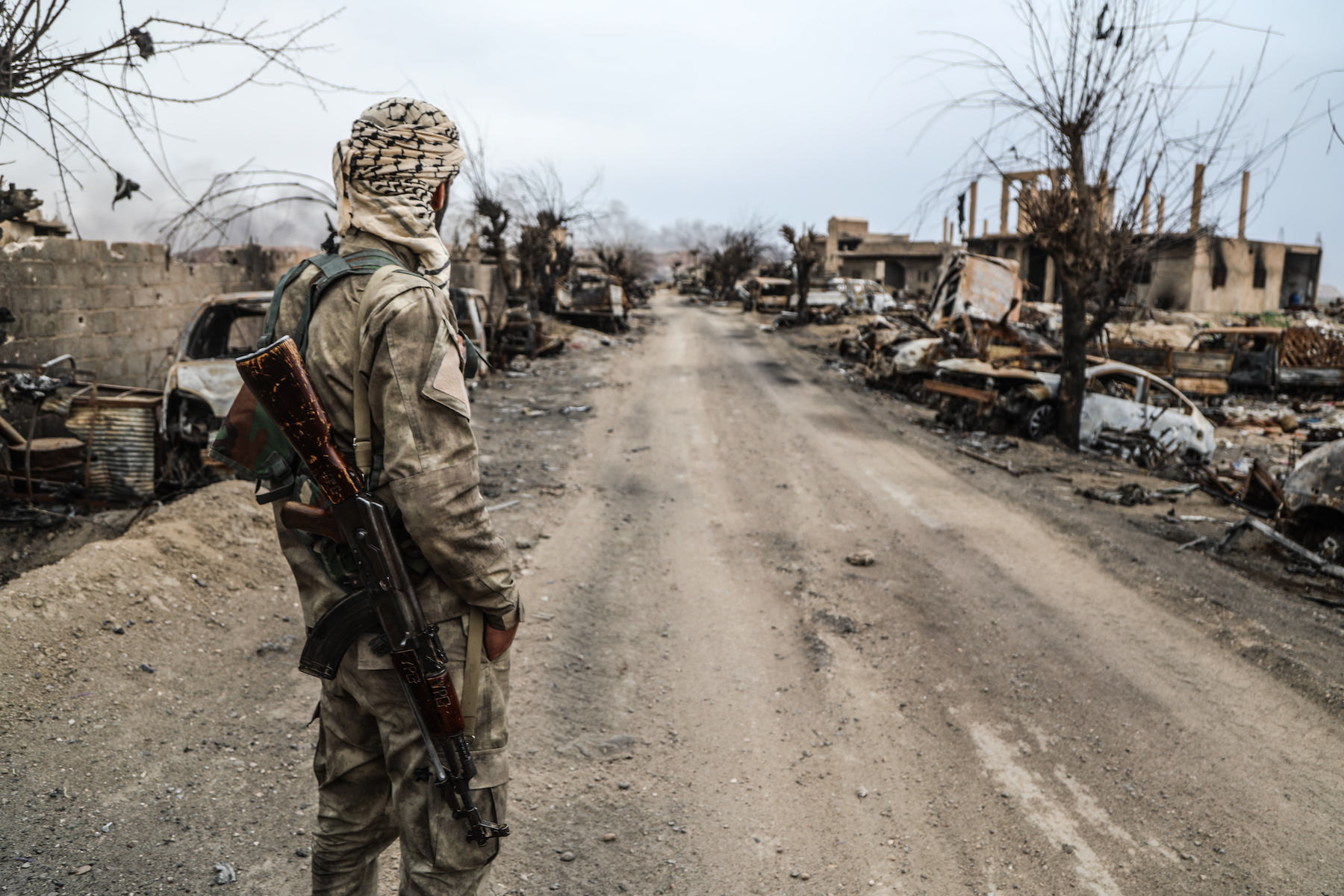
Somewhere among the thousands of families who had poured out of ISIS’ last stronghold during the final assault were two young American children named Yousuf and Zahra. Their mother had been killed several months ago, and their father back in the U.S. was anxiously waiting to hear if they’d been found.
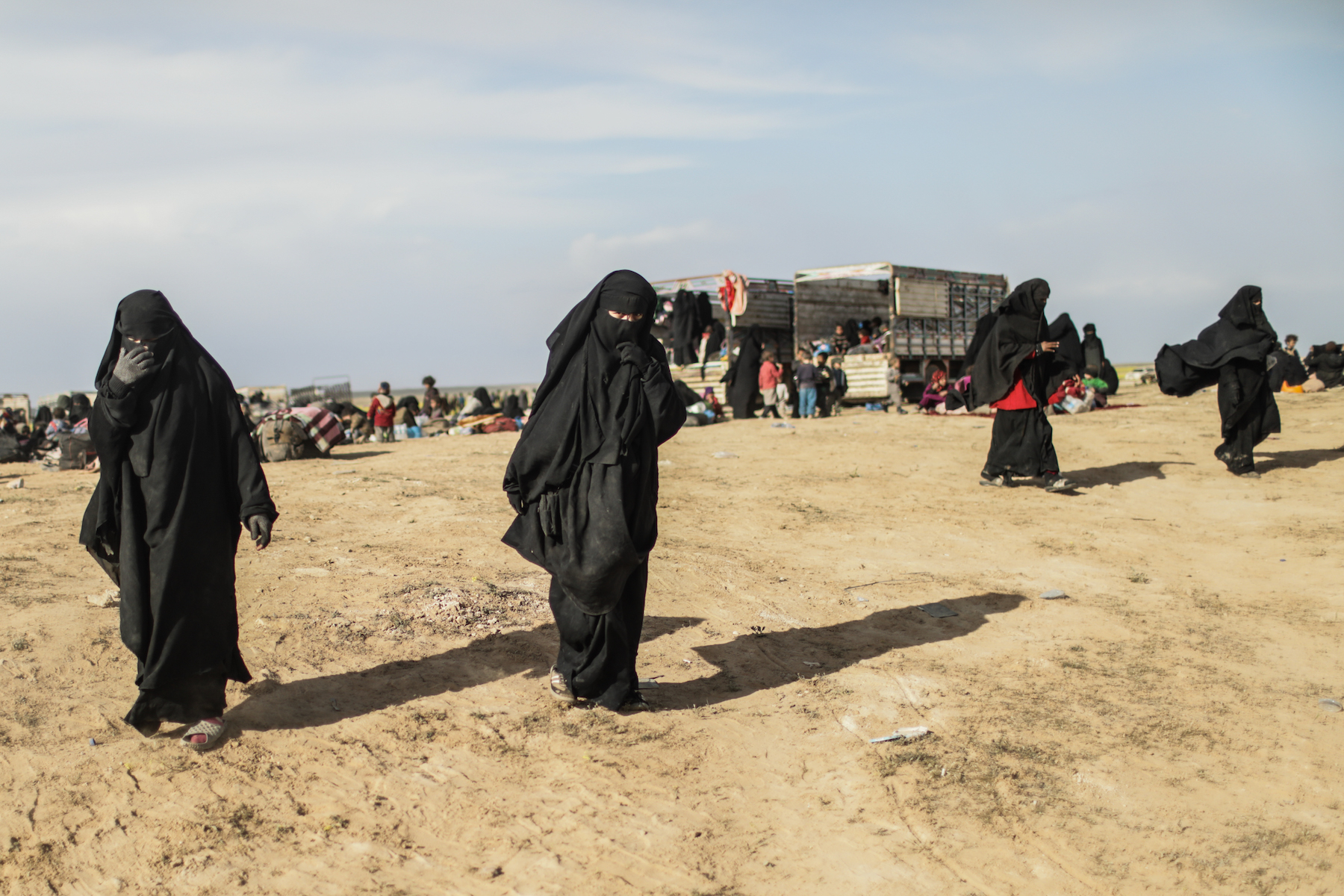
Born in Miami
Yousuf was just 4, and Zahra 1, when they were taken from their home in Miami to Syria. They are the children of Bashir Shikder and his wife, Rashida, devout Muslims who immigrated to the U.S. from Bangladesh and became citizens. The kids were born in Florida; Rashida stayed home to care for them, while Bashir worked as an engineer.
But one day in early 2015, he returned from a trip overseas to find the house empty. According to Bashir, Rashida had been radicalized online and decided to join the Islamic State — with Yousuf and Zahra. With no warning or explanation, she packed their belongings and flew the kids to Turkey. From there, they crossed into Syria.
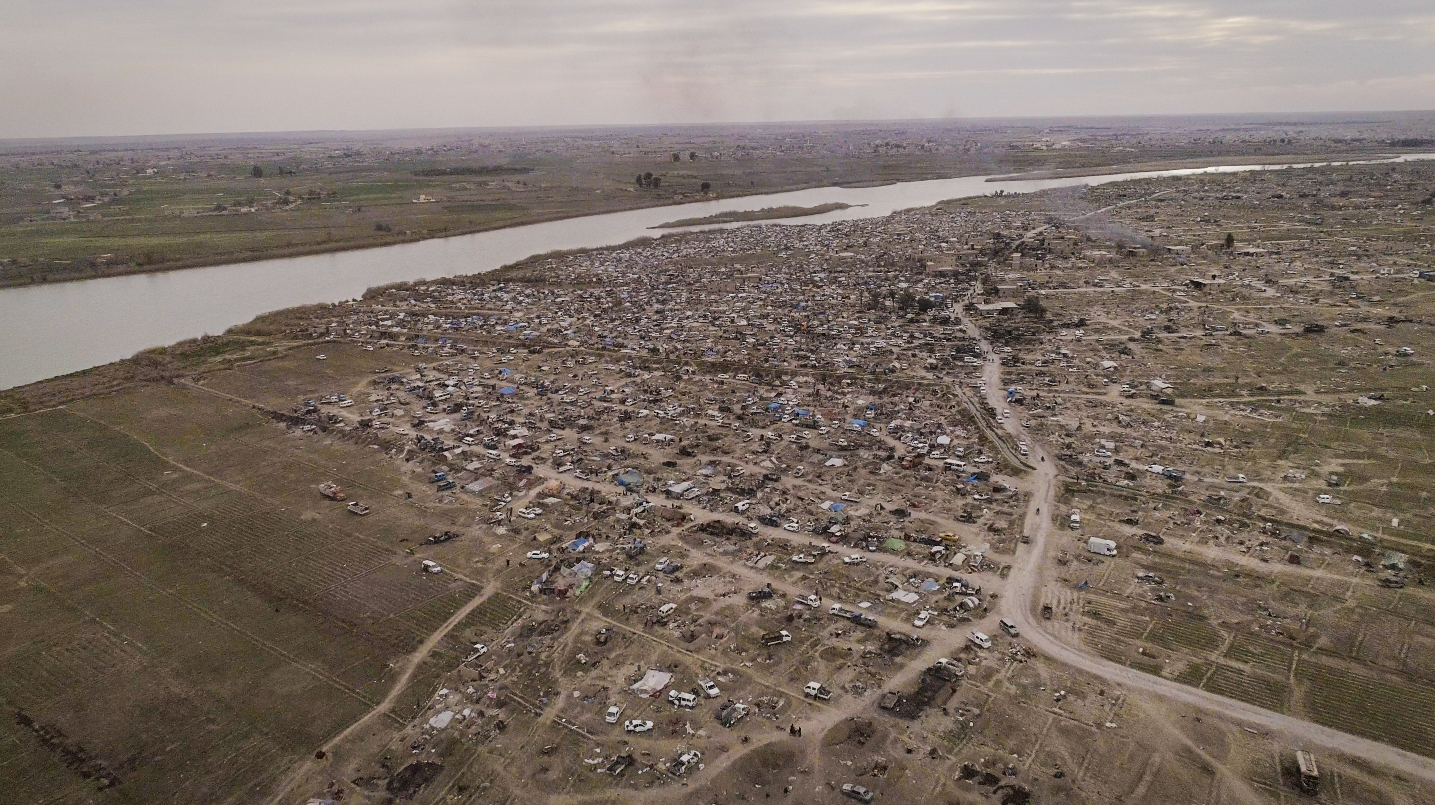
Rashida made contact with Bashir via WhatsApp from inside the caliphate. For a time, she remained in regular touch, sending him pictures of the children and urging him to join them. When he didn’t, she broke off communication, then sent him an ISIS document declaring that she had been granted a divorce in order to marry a fighter.
From that point on, the messages became less frequent as the military campaign against ISIS stepped up. Bashir could tell from occasional pictures that the kids were being moved around, from Raqqa to other places within the caliphate. Then one day he got a fateful message from a contact in Syria: His wife had been killed in an airstrike, and both Yousuf and Zahra were injured in the blast. Before long, the line of communication was cut entirely, leaving Bashir with just the videos and voice messages to remind him of his lost family.
Caliphate crumbles
Once ISIS was cornered in the town of Baghuz, on a tiny scrap of land close to Syria’s border with Iraq next to the Euphrates River, Bashir had fresh hope that his kids would soon be found. Thousands of ISIS families streamed out of the enclave as the bombardment intensified, but we couldn’t find Yousuf and Zahra among the crowds. As the final ISIS positions collapsed and victory was announced with no sign of the children, the search turned to the sprawling refugee camps housing ISIS women and children who survived the last stand of the caliphate.
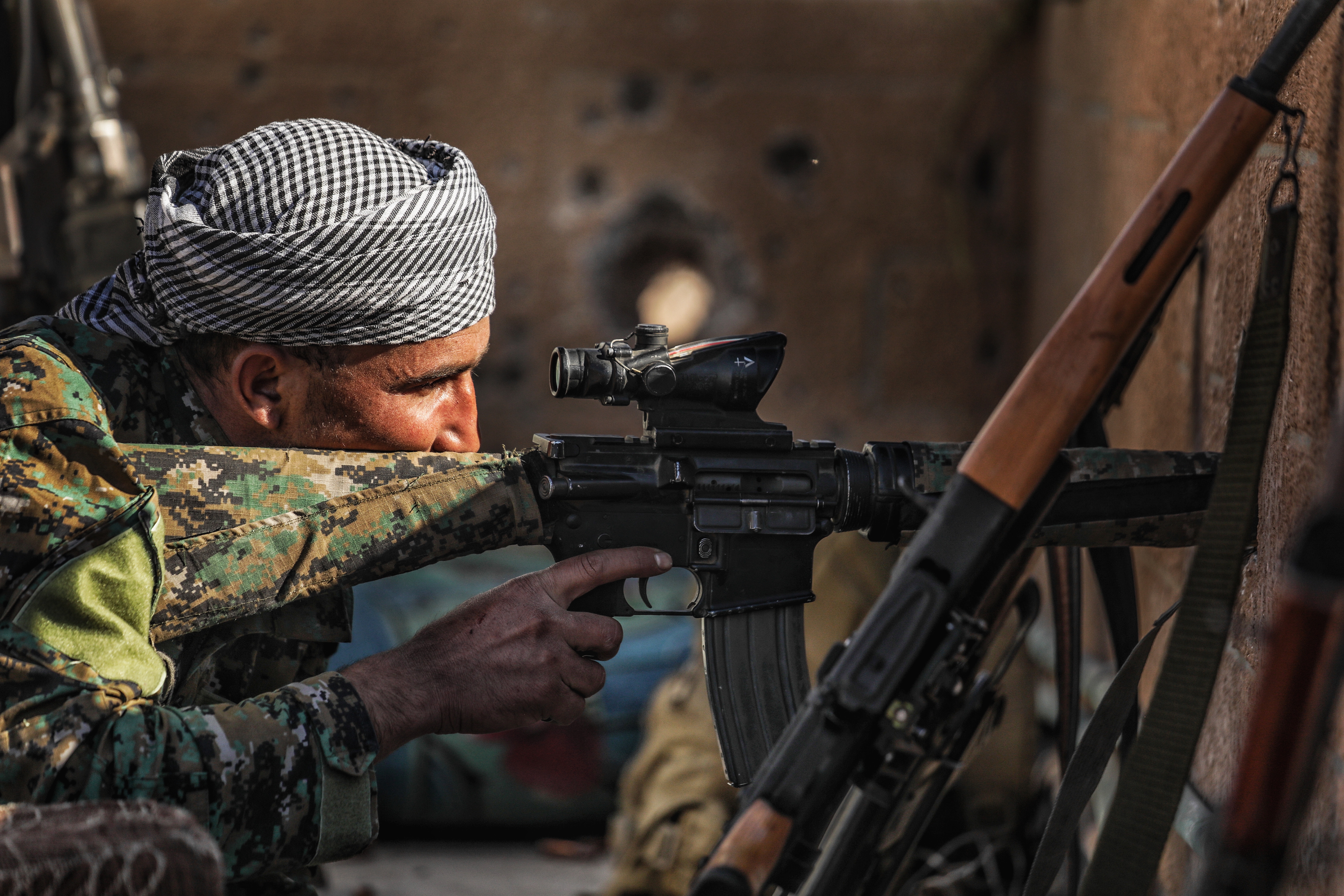
The largest camp is Al Hol, where tens of thousands of former ISIS families live in tents guarded by just a few hundred Syrian Democratic Forces security personnel. Conditions are dire, and dozens of children have died of malnutrition or hyperthermia in this camp. The ideology of the Islamic State continues to grow here — especially among the nearly 12,000 foreigners who traveled from countries as diverse as Indonesia, Trinidad & Tobago, Uzbekistan, and Canada.
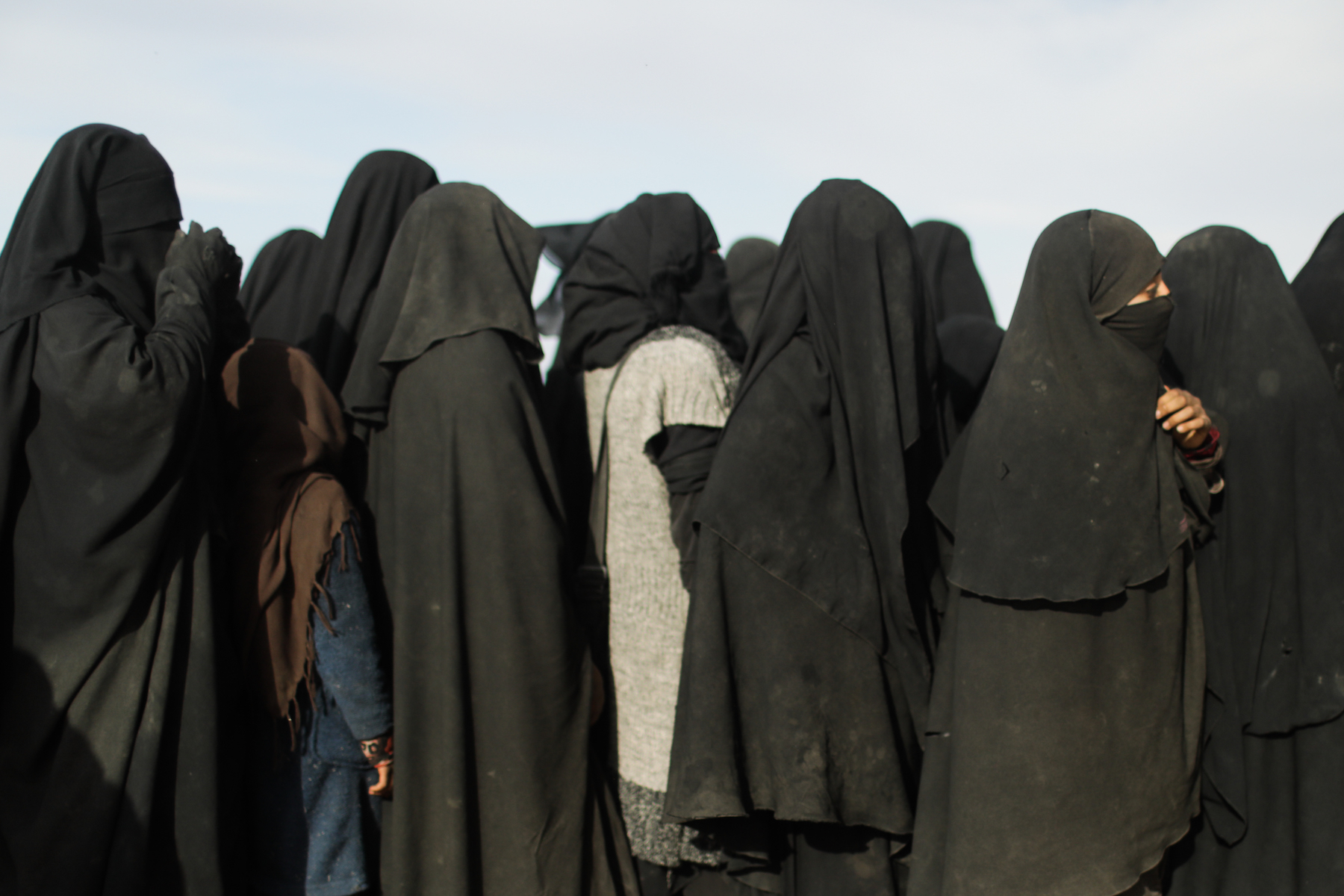
Many of the women and children speak English, but their governments are refusing to let them return. Last month the black ISIS flag was raised above the tents, and women who reject the group have been killed.
In July, with Bashir’s contacts at the FBI indicating they had information the kids were still alive, he decided to make a trip to Syria to search for them himself. He was able to get rare permission for a civilian to enter the country and traveled from Miami via Istanbul, retracing the same journey his wife and kids had made four years earlier.
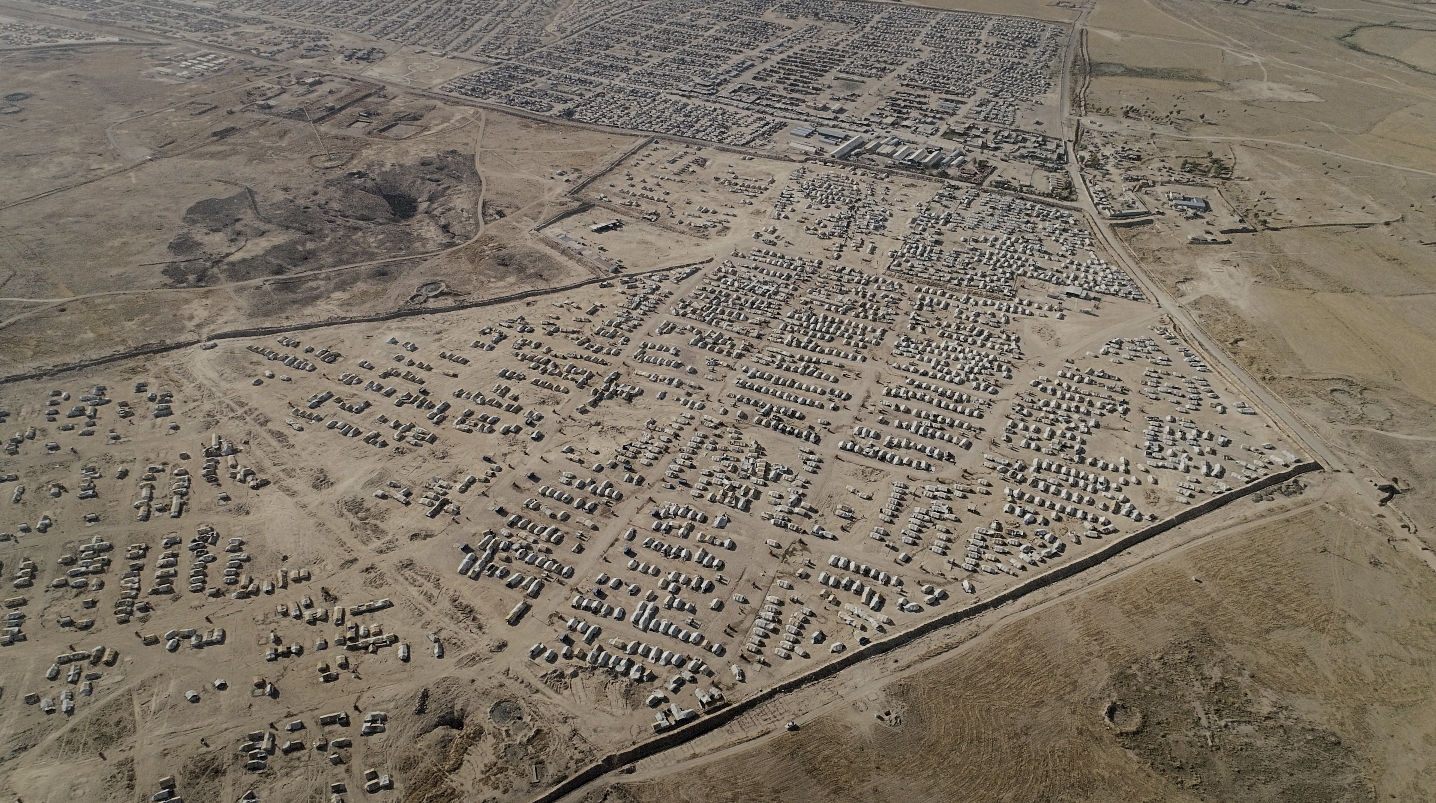
Rescue operation
But after multiple reports that the kids had been seen in Al Hol, Bashir’s contacts in the camp said Yousuf and Zahra were in the hands of a family that did not want them found. They said Rashida had left instructions that if she was killed, Yousef and Zahra should not be returned to him. Local authorities tracking his case told Bashir that his children’s identities had been concealed and they were being hidden within the camp, moved around from tent to tent.
After weeks of negotiating on the ground, Bashir met with commanders of the SDF military force that had ended the ISIS caliphate. He told them he had received a ransom note via text messages from a Syrian number, saying his kids would be killed if he didn’t pay $20,000. The messages said Yousuf and Zahra were “children of the Islamic State,” and that if Bashir didn’t cooperate, his children would be killed. The SDF decided to act.
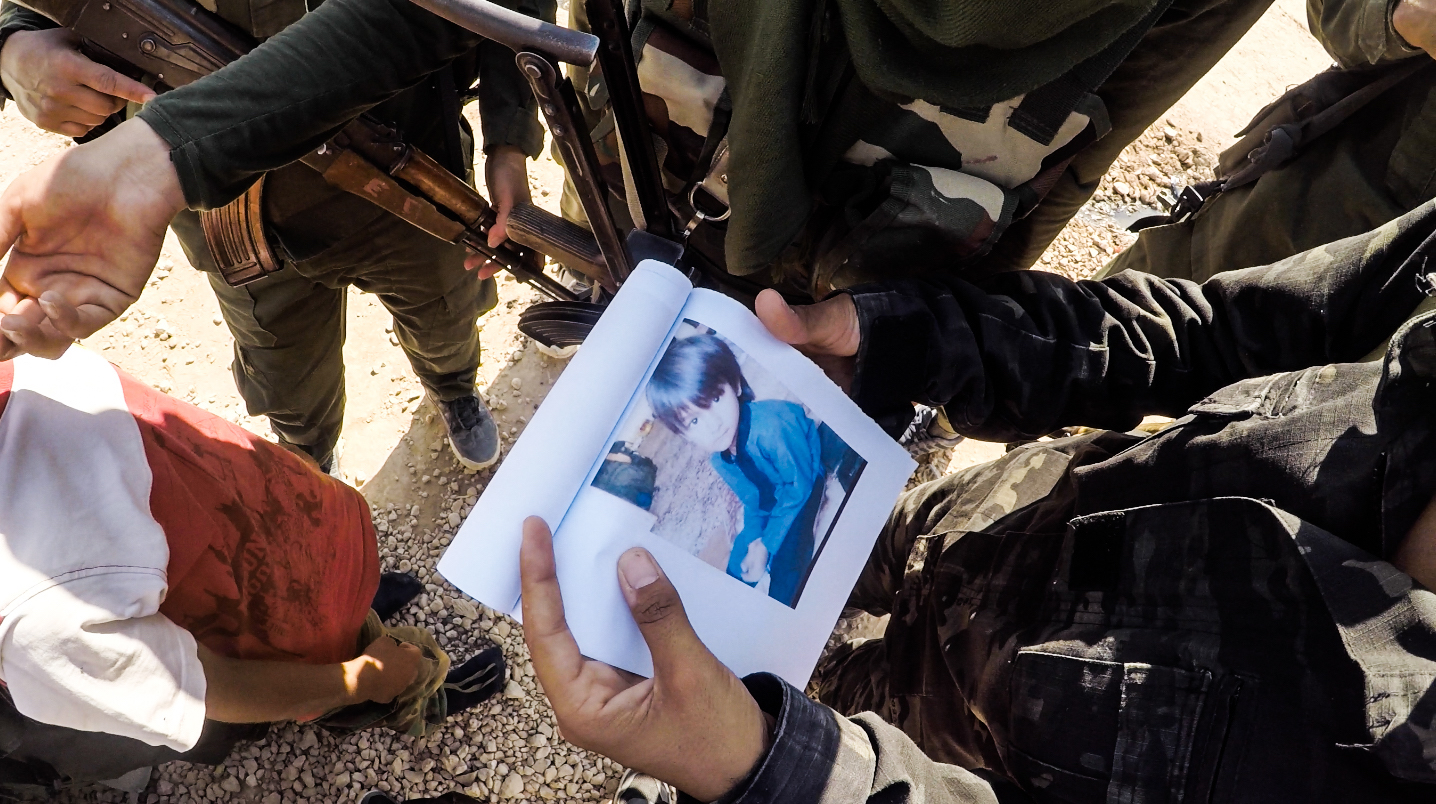
Under the guise of a weapons search, the SDF planned to send in a platoon of female soldiers who could search women’s tents without causing a larger disturbance. They had pinpointed the area where the kids were reportedly located — a collection of tents on higher ground in a far corner of the foreigners’ section known as the “Hill of Baghuz.” The soldiers studied photos of the two children and then entered the camp under heavy guard.
Going from tent to tent, they questioned boys and girls who resembled Yousuf and Zahra. As the soldiers moved through the camp, they were approached by women telling them Yousef and Zahra had been killed in Baghuz. At the same time, children said they recognized Bashir’s kids and had seen them recently.
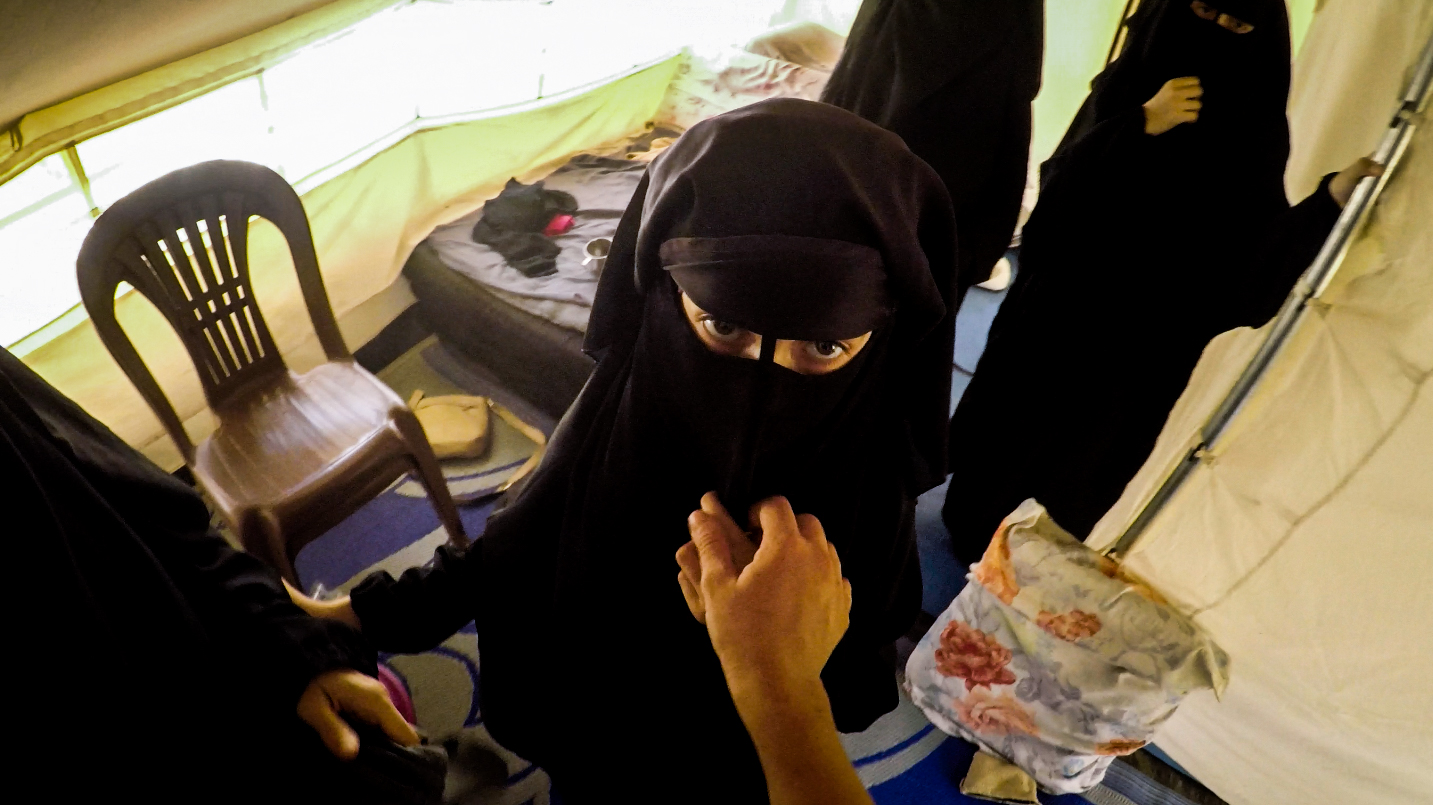
After searching dozens of tents, the soldiers finally found a little girl who matched Zahra’s age and appearance. Bashir was called to identify his daughter. As she stood there in front of him, her face fully covered with a black veil, Bashir’s hopes started to fade. She didn’t say anything, so he finally looked at the tiny face underneath.
Cover: Bashir Shikder prays in Syria. Photo by Adam Desiderio.
from VICE https://ift.tt/325S4lo
via cheap web hosting
No comments:
Post a Comment